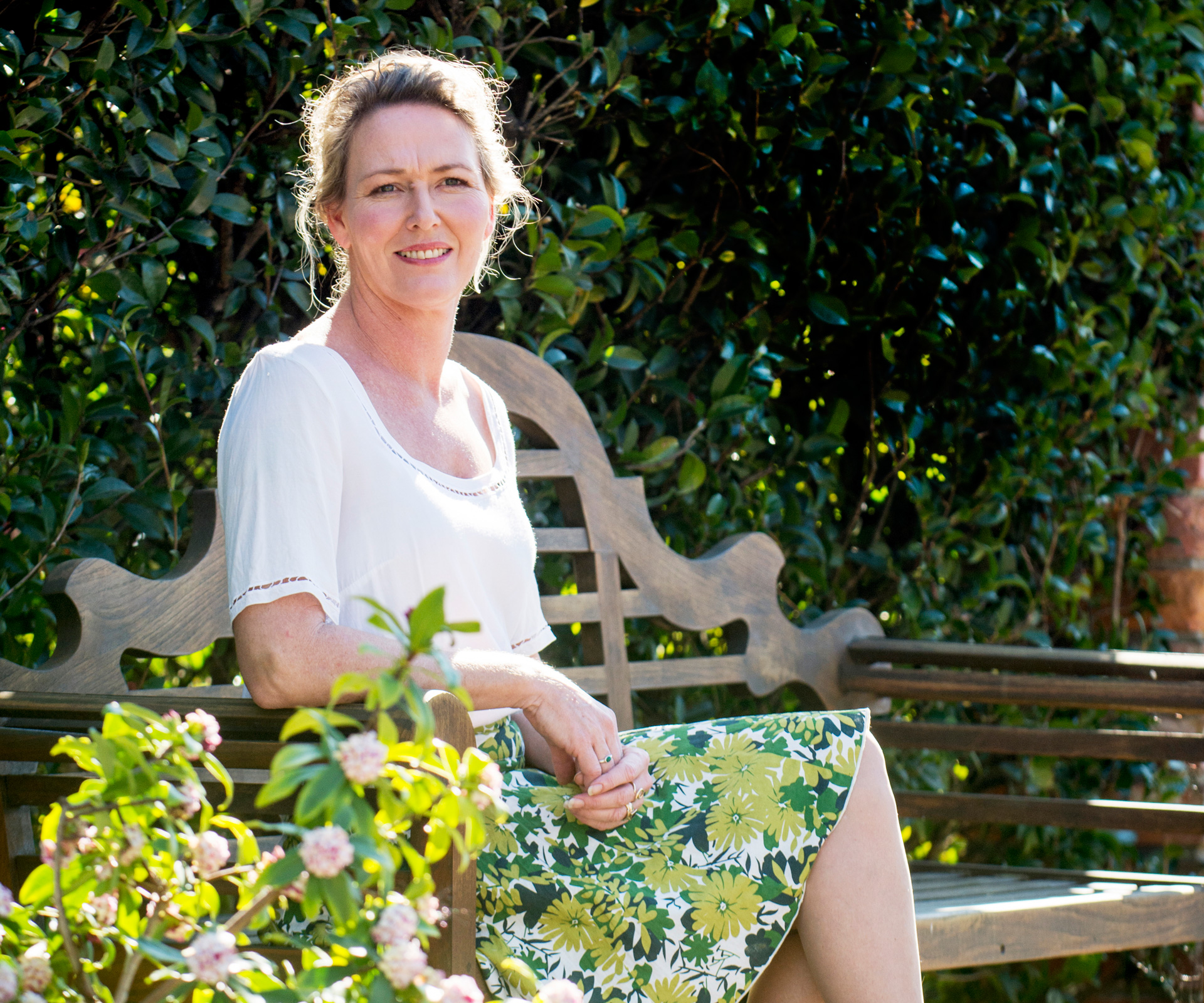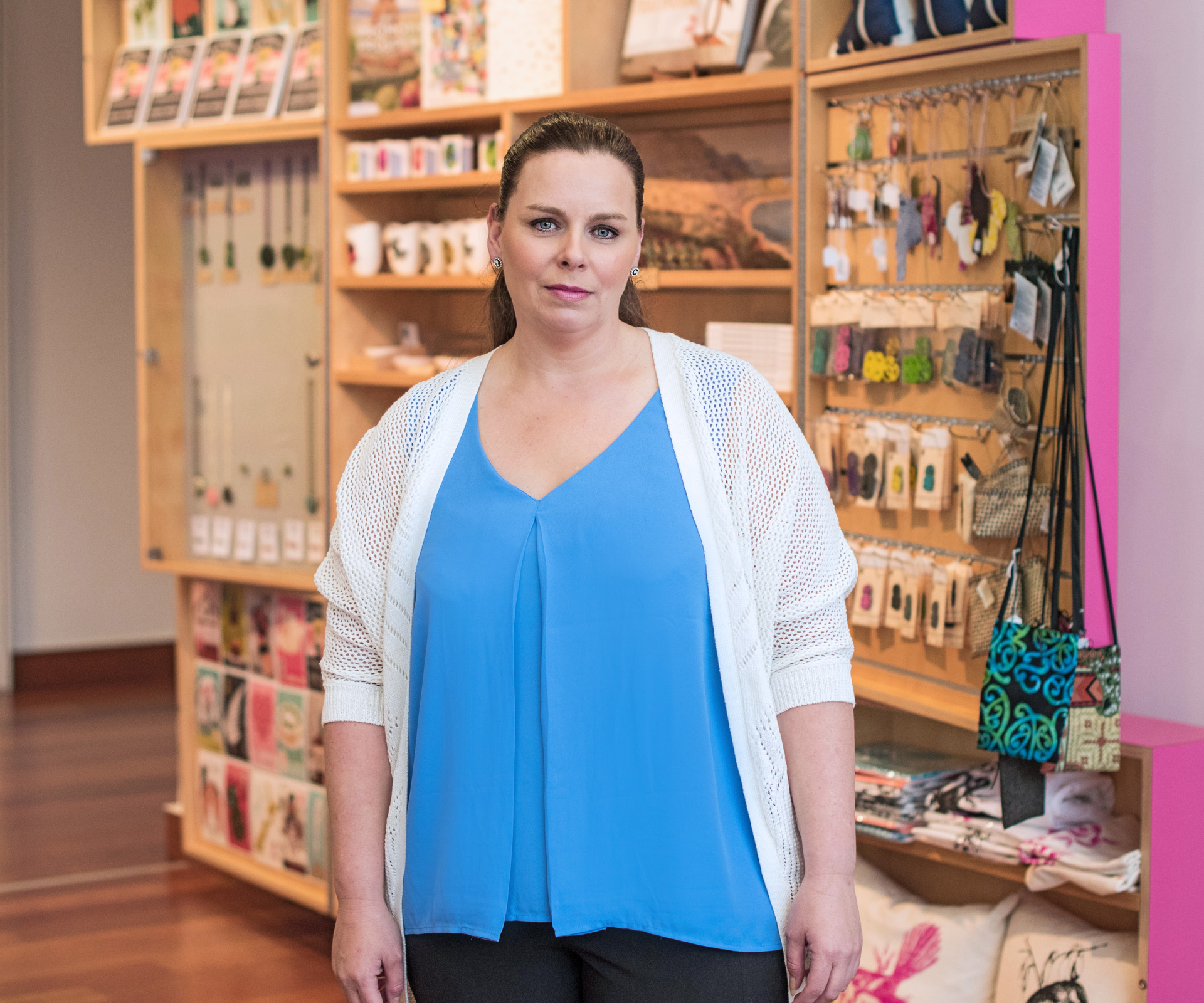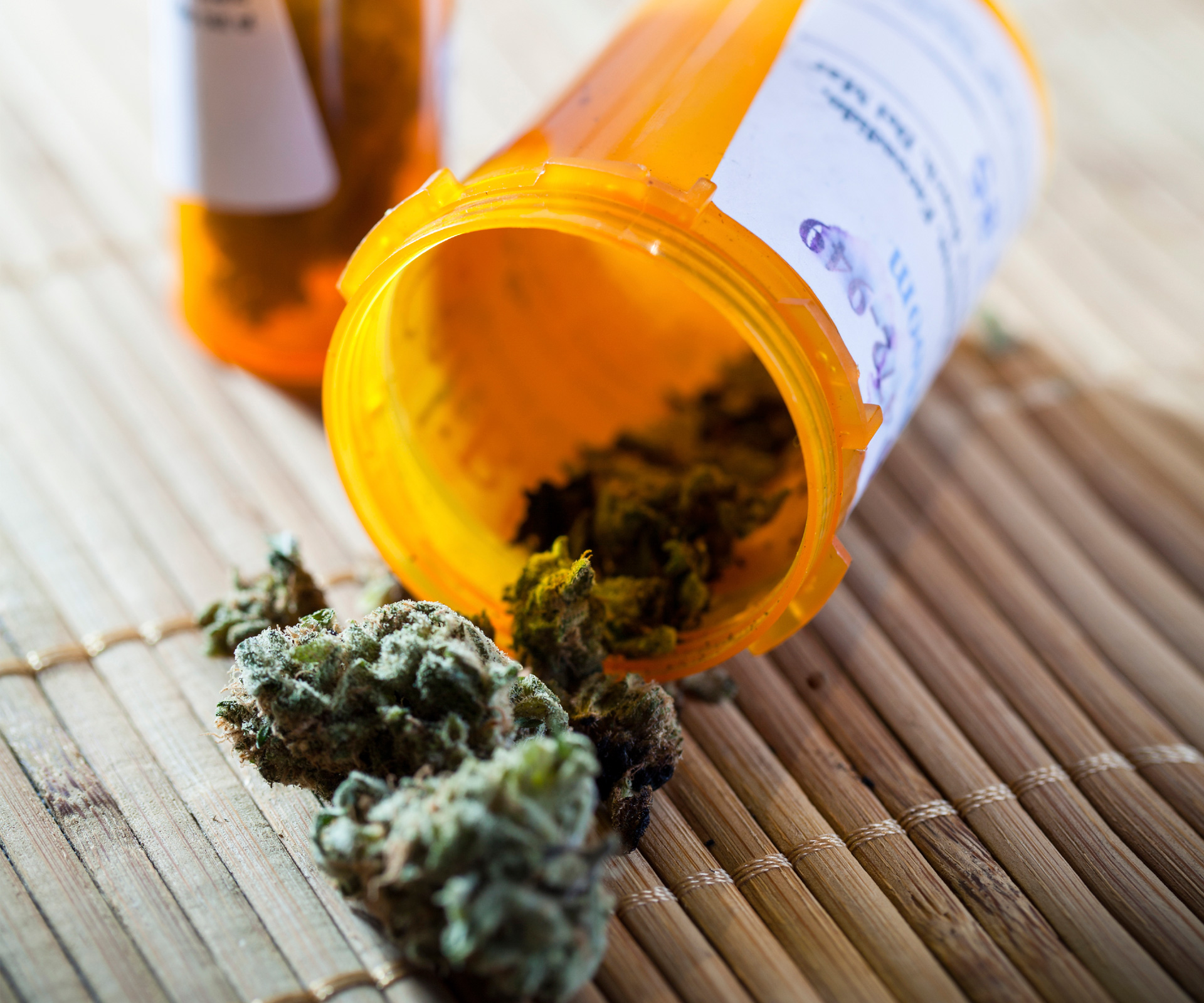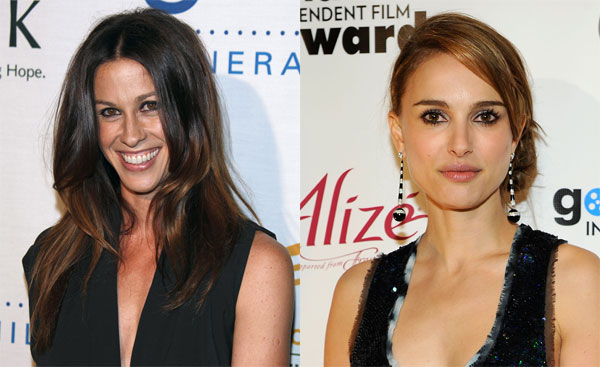A mother’s love is endless. But most importantly, there is such a significant, primal bond between a mother and her child that no matter what happens, she will never give up, especially if her child is seriously ill. When experts and doctors fail to find answers, every mother is willing to do whatever it takes to provide relief to their child. Even if it means breaking the law. It’s a situation currently faced by many New Zealand families who are privately using medicinal cannabis to alleviate the symptoms of serious disease, often after all other conventional treatment methods have failed.
In these cases accessing medicinal cannabis is a risky but necessary business. While some quietly grow their own plants by illegally importing unique strains of cannabis from overseas, others work with organisations to access products, such as cannabis oil, from Australia and the US. But the reality is each and every time they do so they run the risk of conviction and can even face jail time. Because although there are medicinal cannabis laws in Israel, Canada, the Netherlands, Czech Republic, Uruguay and 23 states in the US, in New Zealand the use of cannabis for medical purposes remains not only illegal but the consequences are severe. The maximum penalty for importation of cannabis – deemed a class B drug in New Zealand – is 14 years in jail. Possession or use offences carry a maximum three-month jail term and/or a $500 fine. However, the law never entered Rose Renton’s mind when the Nelson mum was fighting to save the life of her 19-year-old son Alex Renton, who was admitted to Wellington Hospital in April this year.
Within a few days, Alex went from a strapping, health rugby player to being in an induced coma after suffering from ‘status epilepticus’, a state of prolonged epileptic seizures. No pharmaceutical drugs proved effective so 42-year-old Rose turned to medicinal cannabis. “When it came to Alex’s situation, I didn’t care about what people thought or about the law. That passion and love as a mother you have for your child changes everything when you are involved in a situation like this. You become so protective,” she says, little more than two months since Alex passed away on July 2.
“Medicinal cannabis use was something very private between Alex and I. It wasn’t constant or daily but, prior to his illness, he’d researched medicinal cannabis, the good and bad, positive and negative. It meant when he got very ill, for me personally, it was an easy choice because it’s what Alex would’ve chosen.”

Rose Renton won the right to use a hemp-based oil to reduce the frequency of her son Alex’s epileptic seizures.
SPEAKING OUT
Petitioning the government, Alex’s family were able to get Associate Health Minister Peter Dunne to grant approval of the usage of a hemp-based oil called Elixinol. On June 16, Alex took an initial dose and in the first week, he regained consciousness and his seizures decreased. “The most important thing for us is Minister Dunne gave us the right to choose and that’s what I want other families to be given,” explains Renton. “As a family, we had never been regular visitors to the doctor and there are plenty of people that choose the medical system, but I chose medicinal cannabis. Whether he was saved or not is beside the point. The point is I never want anyone to have to go through the process we did.”
She maintains medicinal cannabis allowed her son to pass away peacefully. However, doctors from Wellington Hospital told current affairs show 3rd Degree “At no stage, did we observe any meaning-ful improvement in Alex’s clinical state after starting the CBD oil [medicinal cannabis].”
Regardless, Renton has since become vocal about the need for laws to change. “Alex’s death has high-lighted the issue. Patients are going to jail for cannabis-related offences and it’s heartbreaking, especially when it’s parents who are trying to look after their children’s health and wellbeing. I’m speaking out because I’ve lost Alex and that was huge. I know if he had a chance to create a legacy then access to medicinal cannabis would be it. The time is now. We’ve found our voice.”
Indeed, Alex’s case has brought the medicinal cannabis debate and current legislation around the ancient plant into the spotlight. A ONE News Colmar Brunton poll this year showed 47% supported its use, while 21% said it should remain illegal.
The explosion of scientific research around the medicinal properties of cannabis is currently one of the biggest health stories globally. In the same month, both Time magazine and National Geographic led with covers about ‘The New Science of Marijuana’.
Cannabis was successfully and safely used as a component in prescriptions written by doctors for more than 100 years after it was introduced to western medicine in the late 1830s by Dr William Brooke O’Shaughnessy, a physician serving with the British East India Company. Medical students were taught which conditions it was beneficial for and standard textbooks listed as many as 58 symptoms and conditions for which it was routinely prescribed.
A RARE CONDITION
It’s cannabis’ history as a medical treatment that encouraged Hawke’s Bay mum Toni-Marie Matich to first begin giving it to her desperately ill daughter.
While she had always been law-abiding, the mum of five says she was willing to break the law after discovering international anecdotal evidence that children with the same rare epilepsy condition as her daughter were finding relief with medicinal cannabis. “I’ve never been one for alcohol, I’ve never been one for drugs.
I had a conservative view about cannabis and I associated it with the stigma many people did,” she says. However, after many years of watching her daughter suffer, Matich was prepared to do whatever it took to help her child, whose identity is kept concealed to ensure she can live in privacy.
Matich’s daughter suffers from Dravet syndrome – a rare epileptic condition that can cause children to have up to 300 seizures a week. The seizures can last up to four hours and because of their frequency and violence the brain isn’t able to progress, slowing speech and development. Sufferers are more often than not subjected to a diminished quality of life, due to the fact most treatments are ineffective. “She had her first seizure at nine months. She’d have these little eye flitters but I was told she would grow out of it. Then things started to get really serious. She’d be on drugs and the behaviour was so bad.”
It would be more than a decade before Matich would discover medicinal cannabis could offer her daughter better quality of life. “I tried everything and nothing worked for her. I was told by doctors to prepare for the worst but hope for the best and I was sure she would pass away by 2014. That’s why I gave her medicinal cannabis so she wouldn’t suffer.”

After years of watching her daughter suffer, Toni-Marie Matich decided to act.
GETTING EXPERTS ON SIDE
However, the medicinal cannabis had a remarkable effect. Within three months, Matich’s daughter’s seizures notably reduced and she was hospitalised less. “Medicinal cannabis didn’t cure her but it gave her the best quality of life for the most sustained period. Now I want to know why and I want to see the research and the science.”
Getting medicinal cannabis isn’t easy. Matich had to cultivate particular strains of cannabis that are high in CBD (an ingredient that is non-psychoactive, ie it doesn’t cause a high) and low in THC (a psychoactive, ie mind-altering, ingredient). She then made the cannabis oil herself.
Matich has set up United In Compassion (UIC) – a not-for-profit designed to educate the public on medicinal cannabis and to support NZ-based research and development. She works alongside an Australian organisation of the same name and is determined to ensure other NZ families and patients have access to medicinal cannabis. It’s why Matich has formed a working relationship with one of the world’s foremost researchers and medicinal cannabis experts, Dr Alan Shackelford. Shackelford is the US doctor who successfully began treating five-year-old Charlotte Figi in Colorado using medicinal cannabis in 2012.
Charlotte suffered the same condition as Matich’s daughter. After much research and with the support of Charlotte’s parents, Shackelford decided to treat her with a specially cultivated strain of cannabis. A group of local growers in Colorado, the Stanley Brothers, created a special extract for Charlotte and today this strain is known as Charlotte’s Web. Now parents and patients all over the globe are doing whatever it takes to access medicinal cannabis.
“The increasing interest in medical cannabis has been fuelled by patients worldwide. The rediscovery of its historical uses spanning nearly 5000 years has resulted from patients whose conventional prescrip-tion medications were not effective in treating their illnesses or symptoms and who, when looking for alternatives, have found cannabis was being used by others with great benefit,” says Shackelford. “Charlotte’s case and her successful treatment with cannabis extracts has galvanised parents of children with similar disorders into taking action and petitioning their governments to allow them to use cannabis just as Charlotte has. Similar successes in treating nausea, pain, muscle spasms, Alzheimer’s disease, Parkinson’s disease.


